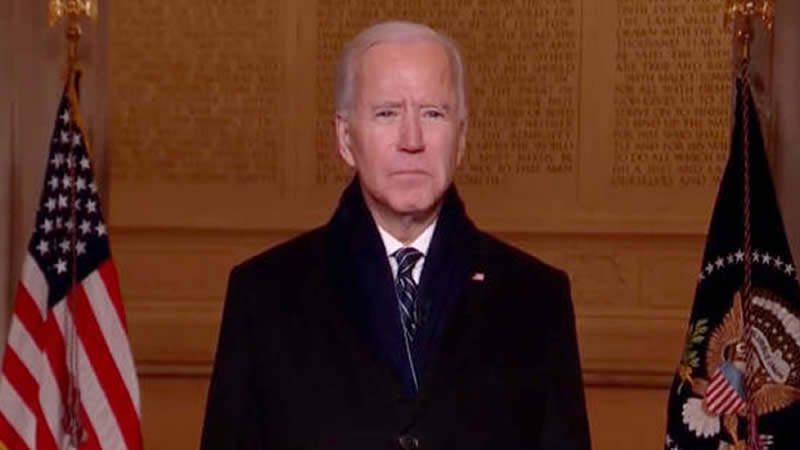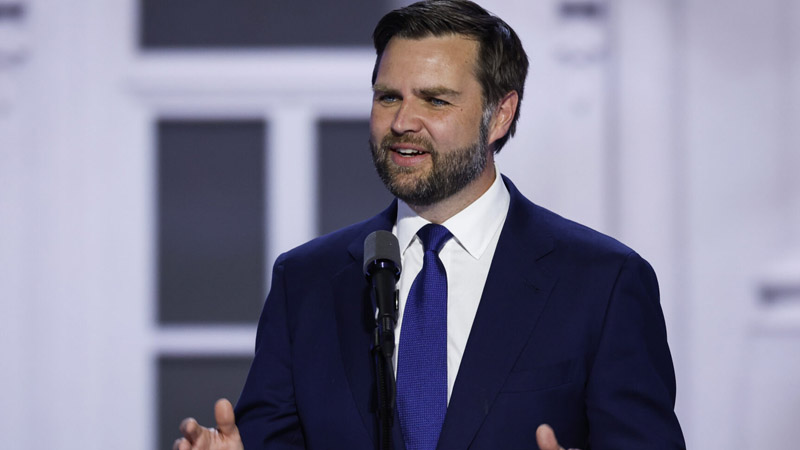White House: Biden is planning to announce an executive climate plan

Joe Biden (images credit: Getty Images)
On Wednesday, when visiting Massachusetts, U.S. President Joe Biden intends to unveil new federal steps to address the climate issue, but he will refrain from declaring a climate emergency declaration, according to White House spokesperson Karine Jean-Pierre.
Following Democratic Senator Joe Manchin’s announcement last week that he was not prepared to support crucial climate measures in Congress, Democratic lawmakers and environmental groups have urged the White House to take swift action on the issue.
The president is unlikely to take that action at this time, despite pressure on Biden to declare an emergency that would allow the Defense Production Act to be used to scale up production of a variety of renewable energy systems and products.
The president will use his trip to underscore the historic clean energy investments his administration has made and “announce additional actions he will take to tackle the climate crisis and secure a clean energy future,” Jean-Pierre said.
The remarks corroborated a Reuters story that the visit featured further climate-related announcements.
Biden has made it plain that he will take action if the Senate does not take action, a White House official earlier on Tuesday claimed. The official, who spoke on the condition of anonymity, added, “We are considering all options, and no decision has been made.”
In his presidential campaign, Biden stressed the importance of taking severe steps to tackle climate change. He also promised to cut global warming pollution by 50% by 2030 and to switch to 100% renewable electricity by 2035.
But a number of significant failures, such as securing enough congressional support to approve essential climate and clean energy policies in a federal budget bill, record-setting gasoline prices, and disruption caused by Russia’s invasion of Ukraine’s energy market have hampered his climate plan.
In a decision earlier this month, the Supreme Court also sent a message that important policy decisions about the environment and other issues cannot be made by federal agencies without explicit congressional approval.
Despite these constraints, environmental advocacy group Evergreen Action said the Interior Department can phase out fossil fuel leases and block significant projects, and the Environmental Protection Agency can still use its authority to tighten curbs on carbon dioxide and other major pollutants at power plants and industrial facilities.
According to U.S. Senator Tom Carper, who serves as the chair of the Senate Environment and Public Works Committee, Democrats are debating how to move forward with significant climate action on Capitol Hill on Tuesday.
Carper dodged a question regarding Biden’s declaration of a climate emergency but stated that he believed the Senate could advance other topics, such as the reduction of methane emissions, tax breaks for nuclear power, and carbon capture and sequestration.
Biden will visit a former coal plant in Somerset, Massachusetts, that has been transformed into a facility that makes undersea cables for offshore wind energy production.




